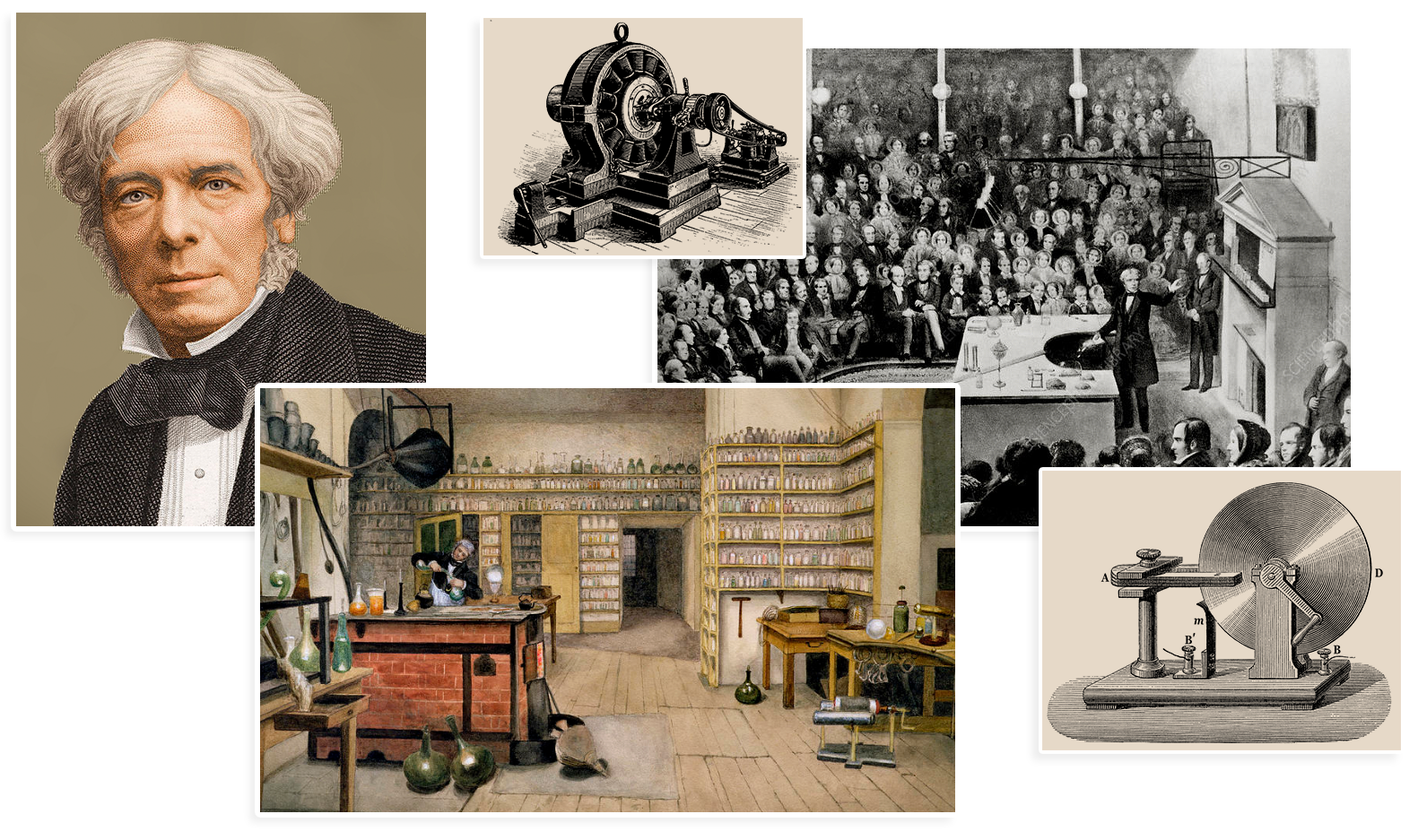Electricity v. Computation: Comparing Revolutions, as Wolfram turns 35.
 35 years ago today, Wolfram's first product Mathematica was launched at an event with Steve Jobs. That's a long time ago, but it's really only the start of the computational revolution, a revolution that's gathering pace. (Remember, it’s only this year that ChatGPT/LLMs have hit the road!).
35 years ago today, Wolfram's first product Mathematica was launched at an event with Steve Jobs. That's a long time ago, but it's really only the start of the computational revolution, a revolution that's gathering pace. (Remember, it’s only this year that ChatGPT/LLMs have hit the road!).
What can we learn from another great revolution: electricity? Quite a bit. Its emergence as a key driver for societal change, the length of time to see its full impact, and amazingly that we’re still in the thick of working out applications. All, I believe, mark out a trajectory for ubiquitous computation.
Electricity’s Rise to Ubiquity
Today, electricity is used across society. For lighting, for heating, toothbrushes, a key precursor to computers, and late to the party, cars. It is generated and supplied to everyone (in developed countries), has standard naming, representation, plugs, voltages—and practitioners. People understand that they can “electrify” almost everything for less effort, more control or use in new circumstances. Over 200 years after Faraday ran the first electric motor in London, we’re still finding new applications.
Computation will have the same ubiquitous role in society. Almost everything can be made “computational”, improving decisions, giving new powers of prediction, ability of optimisation (including for electrical engineers!). Many aspects will have standardised representations, compatibility and universality of interconnection.
Behind…by 150 years?
But we’re not there now, indeed we’re probably 150 years behind electricity, at least at this moment. Most people are starting to get snapshots of what computation can do for them—in health, for finance and so on—but not that almost anything can be enhanced from x to computational x.
Instead, computation has been stratified into a few areas like data science (or even techniques like machine learning). Most applications are procedural, only a fraction of the benefits that deploying all elements could yield because most practitioners are siloed into one sub-field or another. Data scientists, modelers, machine-learning specialists.
Specialist start, Ubiquitous Future
That’s how I imagine it was in the late 19th century with electricity. Light-bulb specialists, motor people. But, with a few exceptions, not electrical engineers. Why would you go to one when you wanted a light bulb? If you’re understanding of what electricity can do for you is a light bulb, you’d go to someone who’d help you with that. Not the wider picture of deploying electricity everywhere you could.
Roll forward to now, and computation. Feels very similar. Specialists in a given area of computation, failing to deploy the bigger picture because those engaging them don’t either. Hiring the data scientist when you should be hiring the computation expert who can marry the widest, deepest view of what’s possible with computation to what you’re trying to do (including with your data).
Wolfram’s dilemma
That’s our dilemma.
We can stick up a sign and say “we do data science”, which is true, and understandable, but is very different in scope, depth, viewpoint to most “data science” consultants. Or we can say we’re “computation experts”, ready to deploy this way of thinking and delivery to help to optimise your speciality, meshing our horizontal knowledge with your field, but most don’t know what that would mean or why it solves their problem. It’s not just “data science”, but “machine-learning”, “modelling”, “operations research”…all slices of a more empowering bigger picture.
Deploying computation is what will serve most best, but not what people yet think they want. Like telling a 19th century business owner that you could “electrify” their operation.
And our customers are amazed by what can be done, and how quickly. Making everything “computational” opens up huge power, whether for diagnostics in health, reporting in finance, reliability in green energy or adding a new dimension to our understanding of history—to name a few. Computationalising the whole area, not just one slice, for the best innovation, decisions—and progress.
If you’re Wolfram, how would you explain the “we do computation” dilemma?
